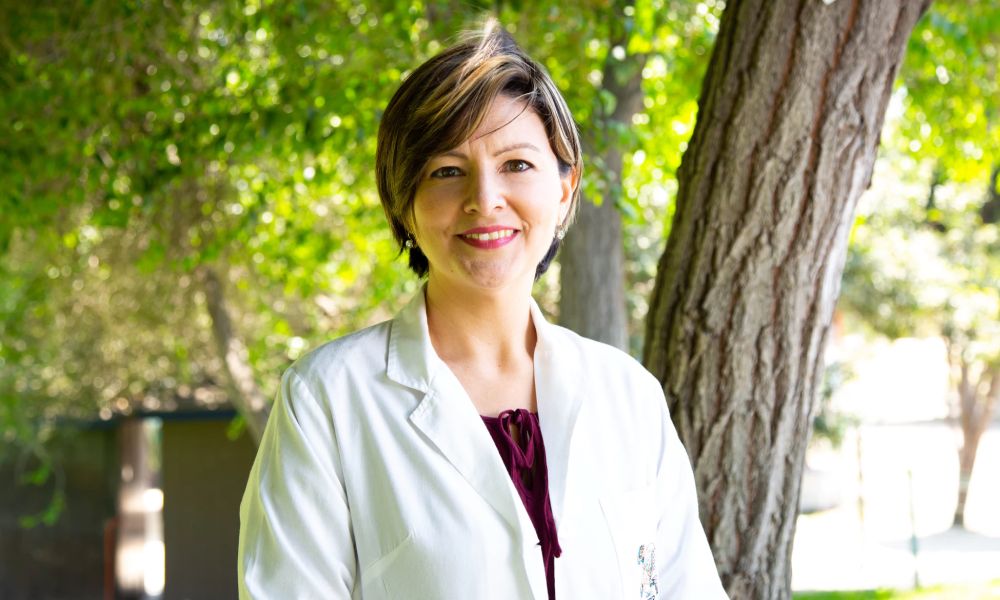
At some point in our lives, we have been through the phase of indulging ourselves with addicting substances, fatty foods, and destructive habits. As we grow older, we start recognizing our unhealthy patterns and make an effort to change our lifestyle. However, it might be puzzling to start a new journey without anyone or anything to guide you. So, where do we start?
Well, the general spectrum of healthcare can make you overwhelmed by all the medical jargon if you’re looking at the wrong section! You don’t need to be a medical specialist to understand complex terminologies in science and healthcare, because there are tons of great books that cater to ordinary people who are seeking to improve their well-being. With that in mind, we’ve listed the 10 best practical healthcare books for everyday people.
Find the live list on Goodreads.
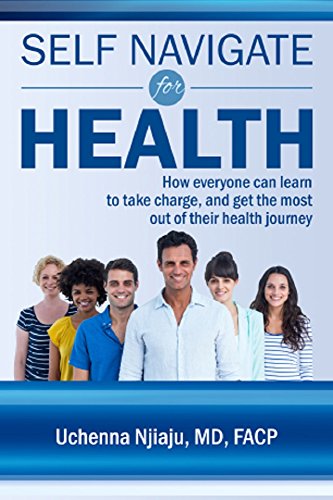
Self Navigate For Health: How Everyone Can Learn to Take Charge, and Get the Most Out of Their Health Journey, by Uchenna Njiaju
Some might be privileged enough to have access to professional patient navigators who can guide them to make informed decisions in their healthcare journey. However, for those who do not have access, every doctor’s appointment, medical examination, and overall healthcare experience can be overwhelming without someone as a guide. Self Navigate For Health is a book that will simplify all the things you need to know to have a deeper understanding of the basics of your health.
Doctor of Hematology and Medical Oncologist Uchenna Njiaju wrote this guide for those who have a lot of medical conditions as she believes anyone has the ability to “self-navigate for health”. With plenty of end-section exercises, readers can be sure to be motivated and confident to fully face their health matters.
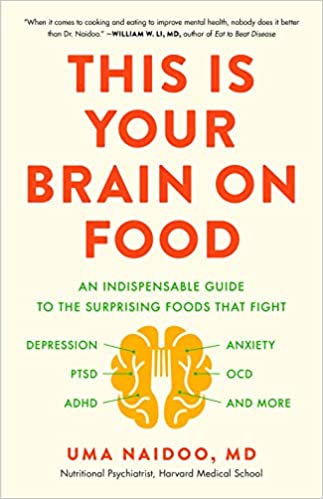
This Is Your Brain on Food (An Indispensible Guide to the Surprising Foods that Fight Depression, Anxiety, PTSD, OCD, ADHD, and More), by Uma Naidoo
With the old saying ‘You are what you eat’, it’s no surprise how the type of food you consume can affect your day-to-day activities. Dr. Uma Naidoo explains the food-brain relationship – such as how blueberries can help cope with trauma, certain processed foods can cause depression, or your anxiety can be reduced with Vitamin D. In this book, she gives more insights than the typical advice of eating your veggie and ditching the sugar.
People typically get into diet programs because of weight loss or serious medical conditions. These days. diet has been given more attention because of studies that correlate food with mental health. Backed with scientific research and case studies, This Is Your Brain on Food will change your perception of what you eat.
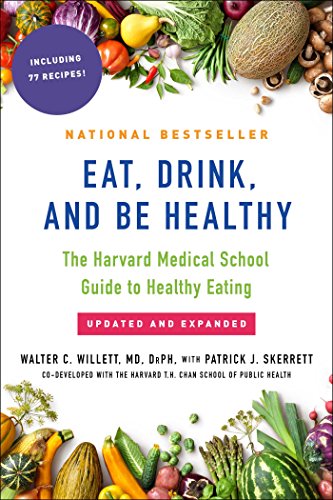
Eat, Drink, and Be Healthy: The Harvard Medical School Guide to Healthy Eating, by Walter Willett
With mass information about diet and wellness that contradicts one another, half-baked claims supported by questionable data, and testimonies that appear to be placebo, Dr. Walter Willett brings clarity on nutrition through his years of experience in dietary research. He dismisses the claims and outdated information of big corporations with the agenda to sell their products, and redirects consumers with up-to-date evidence on diet. Eat, Drink, and Be Healthy is supported by cutting-edge research to guide your body in the right way of eating.
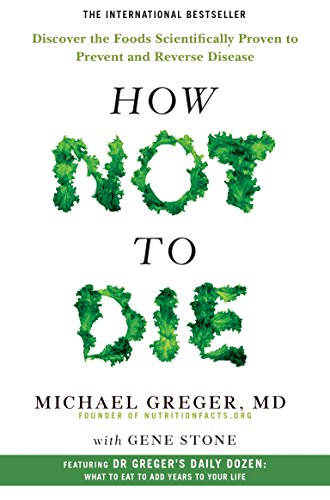
How Not to Die: Discover the Foods Scientifically Proven to Prevent and Reverse Disease, by Michael Greger
Internationally-acclaimed nutritionist and physician Dr. Michael Greger simplifies the over-complicated world of health and diet with his highly recommended 12-food checklist. With his stellar background being the founder of NutritionFacts.org, Greger shows how lifestyle and nutrition can sometimes work better than prescription pills or commercial drugs against the top diseases that plague America.
Amazon buyers reviewed this book as life-changing after following the advice and diet to combat their illnesses. Split into two sections, How Not to Die focuses on discussing the primary diseases of today’s generation while presenting peer-reviewed studies. The next section gives readers a wide selection of recipes they could try.
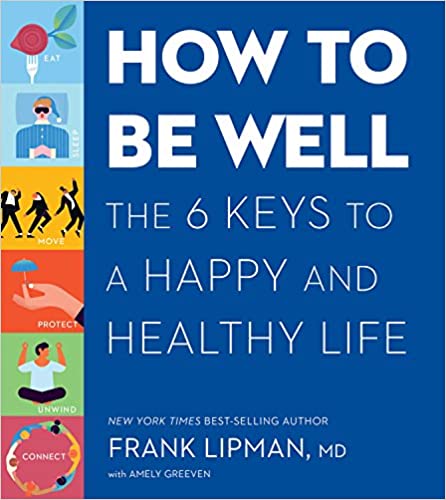
How to Be Well: The 6 Keys to a Happy and Healthy Life, by Frank M.D. Lipman
A forerunner in the field of functional medicine, Dr. Frank Lipman discusses the basic ways to better our life that most people seem to overlook. How to Be Well tells the formula for a prolonged and vigorous life—and it’s no secret! Packed with colorful illustrations, this book is divided into 6 different sections: Eat, Sleep, Move, Protect, Unwind, and Connect.
Lipman begins by discussing food as the building block of our lives, then elaborates how our body resets with sleep and is shaped by our daily physical activities – without the use of drugs and other means to protect ourselves from toxins. This book will strengthen your psyche by disconnecting from the everyday hustle and bustle while recognizing your belongingness by increasing your participation in society. This unique handbook details what everyday habits are best for overall well-being.
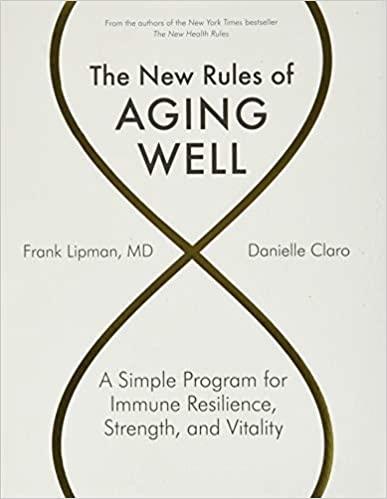
The New Rules of Aging Well: A Simple Program for Immune Resilience, Strength, and Vitality, by Frank M.D. Lipman and Danielle Claro
Aging is natural but did you know that you can delay how your body will manifest it? Whether it’s deteriorating energy, weaker bones, and muscles, chronic illness, or wrinkling skin, it all boils down to how you will take control of your overall wellness to prolong your life and healthspan. Dr. Lipman teamed up with Breathe magazine editor-in-chief Danielle Claro to write this book about lifestyle transformations to heal the body and develop a better immune system.
The New Rules of Aging Well focuses on redirecting your choices on food, channeling your inner wellness, and promoting fitness and power habits. Using years of scientific research and their corresponding testimonies, Lipman and Claro encourage people to widen their horizons and consider eating less by adapting to intermittent fasting, trying lighter workout routines, and meditating.
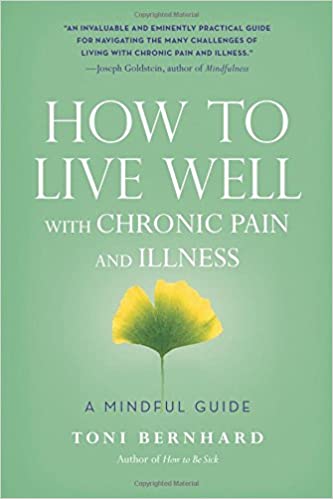
How to Live Well with Chronic Pain and Illness: A Mindful Guide, by Toni Bernhard
This interesting book written by law professor Toni Bernhard offers plenty of practical advice on how to deal with pain and disease. Those who are long-time sufferers of chronic illness face day-to-day difficulties not only with their own body, but also with how they make social interactions in their community. Bernhard appeals to those who are faced with a failing career, doomed relationships, identity crises, and the feeling of being alone. This book will teach you about mindfulness while reaching to you in a conversational and compassionate tone.
The author shares her encounter with a disease, how she stumbled, and how she learned to cope. Bernhard did not limit the book to those with chronic illness as it also extends to the family and friends of the sufferer by helping them understand and give support.
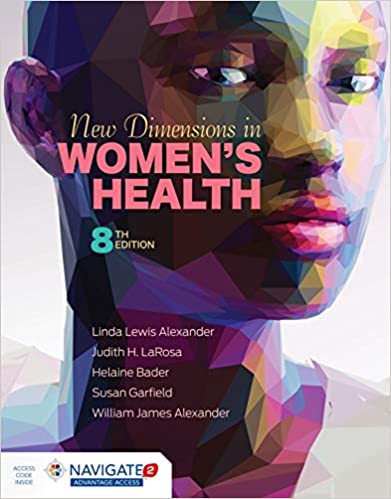
New Dimensions in Women’s Health, by Linda Lewis Alexander
In this modern look at women’s health in all cultures and socioeconomic status, New Dimensions in Women’s Health gives readers critical information on how women can improve their well-being. Dr. Linda Lewis Alexander discusses the influence of cultural, political, psychosocial, economic, and epidemiological issues on women’s health by providing real-life scenarios in every topic covered. A new section included in this book about the #MeToo movement tells different stories regarding sexual assault, harassment, and violence – how to cope, and how other women can prevent experiencing such.
Also tackling the most common disease in women such as breast cancer and obesity, Alexander encourages women with specific health issues to take charge of their being and pay it forward. Overall, the book conveys that women are champions of health.
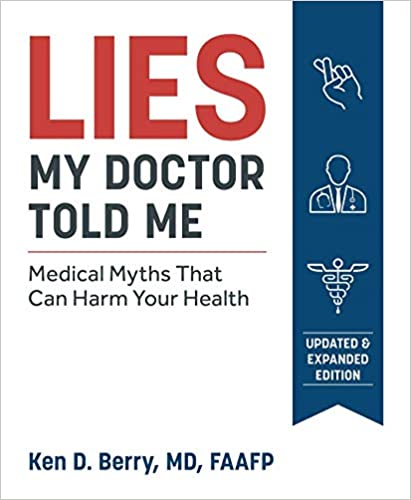
Lies My Doctor Told Me: Medical Myths That Can Harm Your Health, by Ken Berry and Gary Fettke
Nowadays, there are plenty of testimonies that encourage beginners to try these popular diet fads. From eating a low-carb high-fat diet to going completely vegan, you will be convinced that one diet is better than the other. So, how do you know what will work for you? You might need to listen to an expert’s advice, but are you sure what you’re getting is facts and not just word-of-the-mouth?
In this book, authors Dr. Ken Berry and Dr. Gary Fettke give an honest review of every diet fad most doctors are vouching for. They will dispel all the lies and misinformation in the medical and food field that have long been fed to the public. While some doctors do not intentionally “lie”, Berry shares how doctors can have outdated knowledge because of their busy lives, hence patients don’t get the best service they deserve.
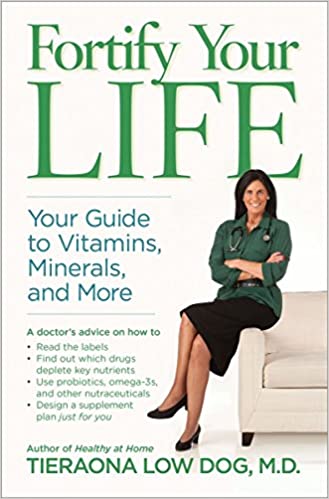
Fortify Your Life: Your Guide to Vitamins, Minerals, and More, by Tieraona Low Dog
International medical expert Tieraona Low Dog, M.D., provides her readers with a guide to nutritional supplements, how they work, and how much of these your body needs. As USDA recommends a certain number of vitamins to achieve a healthier lifestyle, people rely on vitamin and mineral supplements to meet these daily standards. However, with plenty of choices in the market, some might be compelled to get the vitamins they need directly from whole foods.
Fortify Your Life clears the confusion of what is best or not, while explaining how these supplements cause chemical reactions in your body. Low Dog encourages her readers to always read the labels and be skeptical of the brand before buying into their marketing strategies. Health-conscious consumers can be sure to get the complete information that is tailored to their body’s needs.
Conclusion
The world of healthcare can be confusing for ordinary people, especially when there’s no one there to guide them. With all the information available—and some that even contradicts another—misinformation is easy to get. To avoid that, we hope that these 10 best practical healthcare books for everyday people can come in handy, whether you’re someone who’s just looking to improve your health or someone with a chronic illness. In the end, you should remember to always listen to what your body needs and don’t be afraid to seek professional help.
